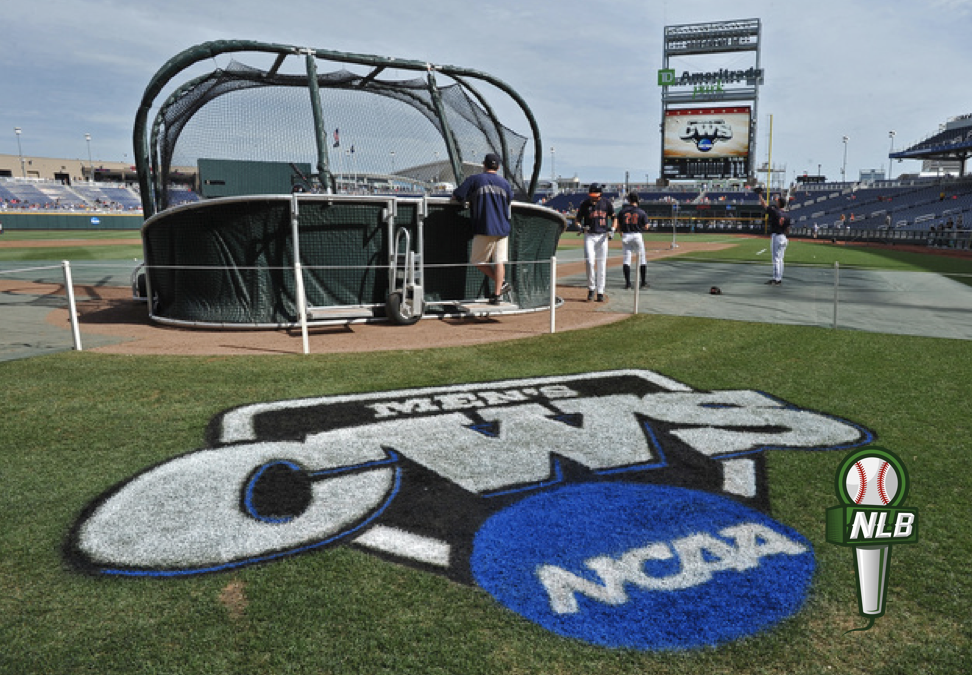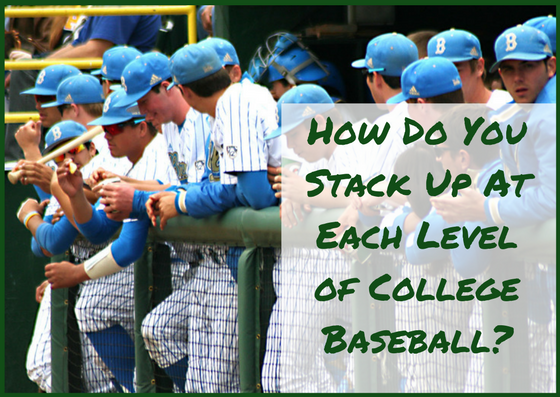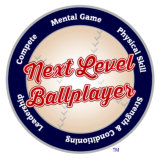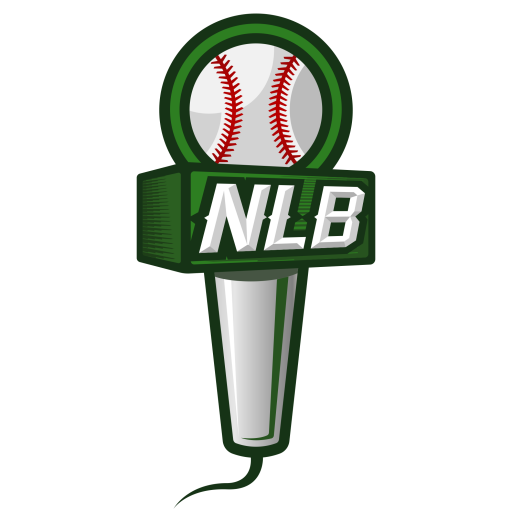Just about every serious high school baseball player wants to play Division I (D1) baseball. The reality is that most of them won’t. My former college coach, Tracy Smith (now head coach at Indiana University), likes to say, “Every serious high school baseball player who wants to play in college can. It’s just about finding the right level and program that fits him as a player.” That’s great, but the question still remains – Are you D1 material… or should you look at D2, D3, NAIA, or Juco options?
In this article, I outline 7 different things you can do to find out if you are D1 material. You’ve heard the phrase, “Don’t put all your eggs in one basket.” Well, don’t let one source discourage you from pursuing your dream of playing D1 baseball. Too many times players stop short of that dream because of a negative parent, teammate, or coach.
Take into consideration the input of at least 4-5 different sources to determine what a realistic level of college baseball is for you. Don’t put too much weight on any one source. Instead, put them all together, step back, and decide which level to pursue.
On the flip side, many players think too highly of their baseball abilities. I have players tell me all the time that they want to play at South Carolina, Florida, UCLA, or Vanderbilt. Guess what? Everybody does! I’m not saying that you aren’t good enough to play there.
In fact, some NLB readers have just recently verbally committed to some of those schools. I’m just saying that you should take the time to figure out whether those schools are realistic for you before it’s too late. Otherwise, you may have to walk on at a local D3 school when you could have been a D2 scholarship guy if you would have been open to that earlier.
The worst thing you can do is miss out on good opportunities because you unrealistically banked on a D1 scholarship that never came through. Strive for the best, but be realistic.
Ok, enough of me ranting. Here are the 7 things you can do to answer the question: “Am I D1 material?”
1. Ask your coaches.
Chances are pretty good that your HS and summer league coaches have had D1 players on their teams or on the opposing teams. Ask them how you stack up and for their honest assessment about what level of college baseball is realistic for you. If you’ve taken hitting/pitching lessons from a local pro who has been around the game a while, ask him too. The more input you get the better.
2. Go watch your local D1 team.
Judge for yourself. Get there early enough to see batting practice and infield. Watch the guys that play your position. Check out their arms, defense, base running, bat speed, etc. Give yourself some grace when comparing yourself physically, as they’ve had a few key years to grow. Most everyone gets bigger and stronger playing college baseball.
3. Honestly compare your tools.
Have you played with guys in HS and summer ball that went on to play D1? You were probably able to see them play first hand. How do you stack up with them? If you’re a pitcher, compare velocity, off speed, put away pitch, etc. If you’re a position player, compare arm strength, base running, bat, power, etc.
4. Go to a college baseball camp.
Pick a few D1 programs you’d like to play for, and visit their camp. Go out of your way to introduce yourself to the coaches. At the end, make sure to ask them for honest feedback of you as a player and what level they think fits your ability.
5. Send out videos.
After selecting the D1 schools you are most interested in, send them a video / YouTube link. Gauge their interest by their responses. Don’t be afraid to ask for specific feedback, especially if a coach says he is not interested.
6. Compare stats.
Let me start by saying this – stats are overrated!! They don’t tell the whole story and to a large extent, are beyond the player’s control. With that being said, in this situation, as long as this is only one slice of the pie, stats can be helpful in seeing how you stack up against other players in your league that have gone on to play D1 ball.
7. Ask yourself.
Your input is important! Do you truly feel you can play at the D1 level? Are you dedicated to working your butt off to make it happen? Are you willing to put in the hard work necessary to achieve your goal? Ultimately, the most important input on this list is your own.
Disclaimer: Just because the majority of the 7 sources tell you that you aren’t good enough to play D1 baseball, doesn’t mean that it’s true. If you continuously strive to get better and work your tail off, you never know what can happen… Just make sure that you keep all your options open.
Download our Free Stack Up Charts to Find Out Now
-Velo, Pop Time, Speed




